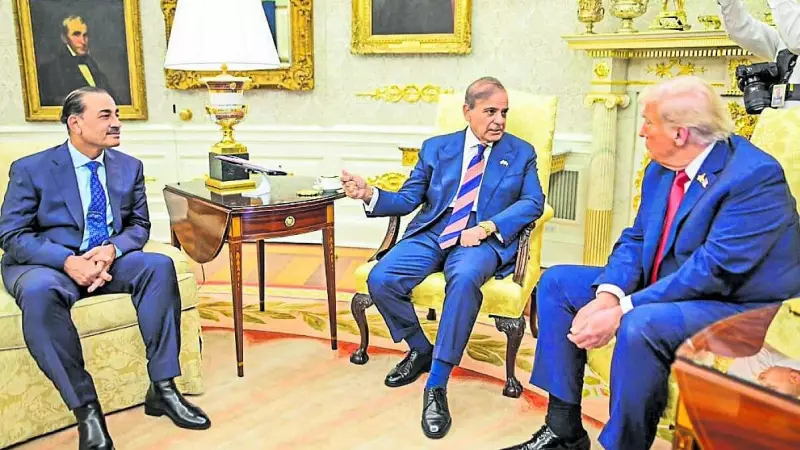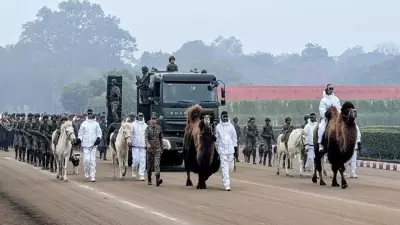
Pakistan's parliament has approved sweeping constitutional amendments that significantly expand the powers of the country's intelligence agencies, particularly the Inter-Services Intelligence (ISI). This move comes amid growing concerns about the stability of Army Chief General Asim Munir's position and represents one of the most significant shifts in Pakistan's governance structure in recent years.
Unprecedented Powers for Intelligence Agencies
The constitutional amendments grant the ISI and other intelligence agencies formal authority to investigate and take action against individuals accused of treason, sedition, and anti-state activities. This marks the first time in Pakistan's history that intelligence agencies receive such extensive constitutional backing for their operations within the country.
Under the new framework, intelligence personnel will have enhanced surveillance capabilities and greater legal protection for their actions. The amendments also establish clearer protocols for cooperation between intelligence agencies and other government bodies, potentially blurring the lines between military and civilian governance structures.
Timing Raises Questions About Munir's Leadership
Political analysts suggest these changes reflect General Asim Munir's growing insecurities about his position as Army Chief. The amendments were pushed through parliament during a period of particular political tension, following the controversial elections that many international observers criticized as neither free nor fair.
Sources within Pakistan's establishment indicate that Munir has faced internal challenges to his authority since taking office. The constitutional changes appear designed to strengthen his hand against potential rivals within the military establishment and political opponents alike. This represents a significant consolidation of power that could have long-term implications for Pakistan's democratic institutions.
Regional Implications and International Concerns
The constitutional overhaul comes at a delicate time for Pakistan's international relationships. Neighboring countries, including India, are closely monitoring these developments, concerned about how enhanced intelligence powers might affect regional security dynamics.
Human rights organizations have expressed alarm about the potential for abuse of these expanded powers. The amendments provide limited judicial oversight of intelligence operations, raising concerns about civil liberties and democratic accountability in a country that has experienced multiple military coups throughout its history.
Western governments, particularly the United States, are watching these developments with apprehension as they navigate complex relationships with Pakistan's military establishment while advocating for democratic norms in the region.
The constitutional changes represent a significant shift in Pakistan's power structure, potentially strengthening the military's role in governance at the expense of civilian institutions. As General Munir consolidates his position through these legal changes, the international community remains watchful of how these powers will be implemented and what they mean for the future of democracy in Pakistan.





